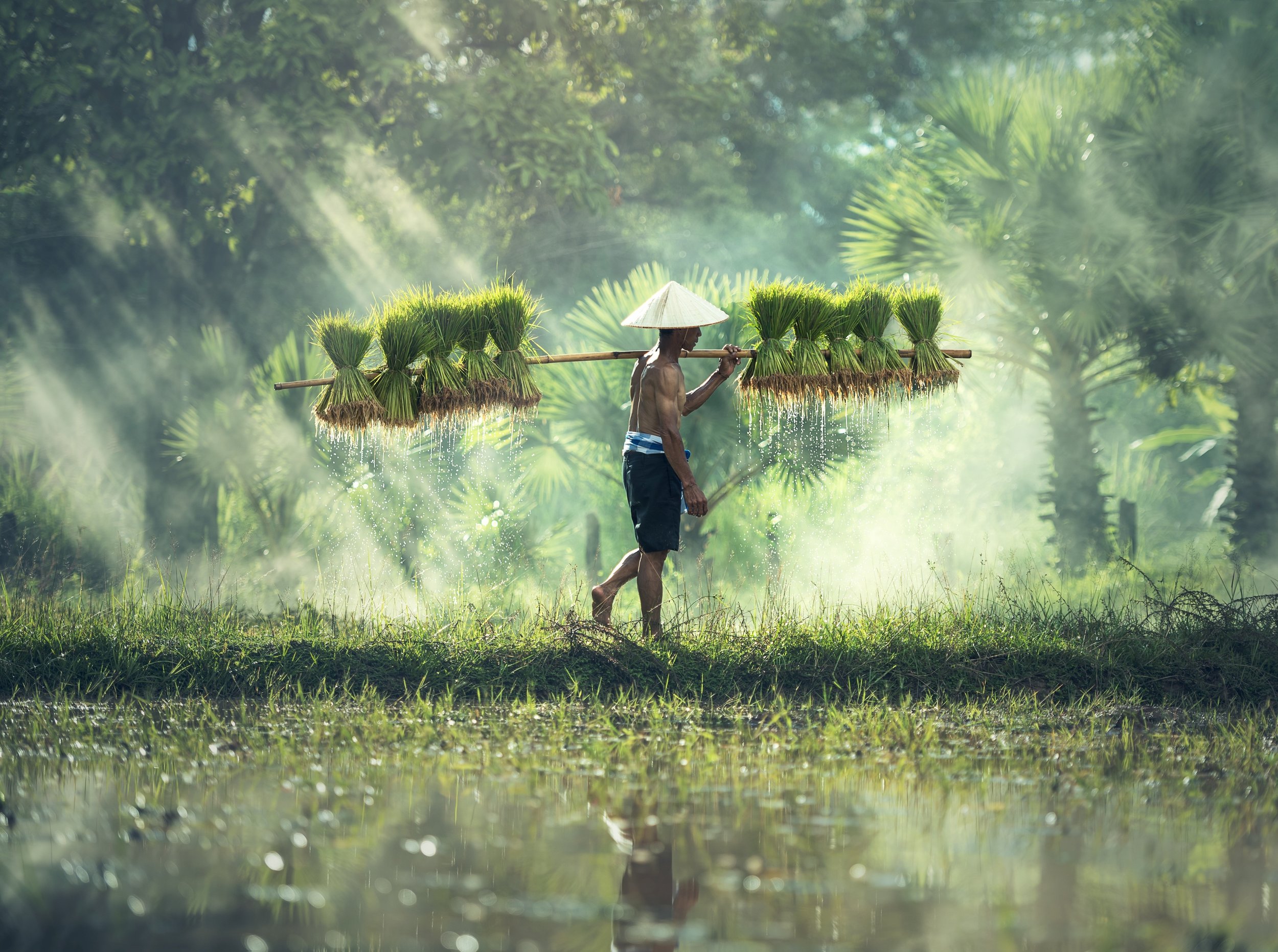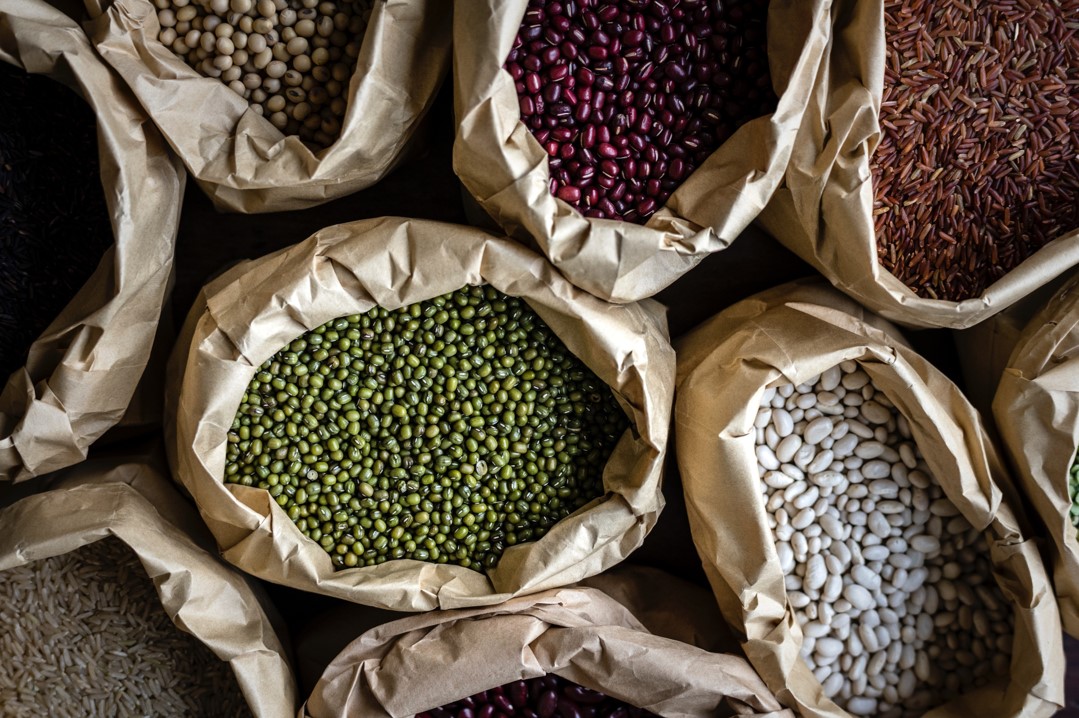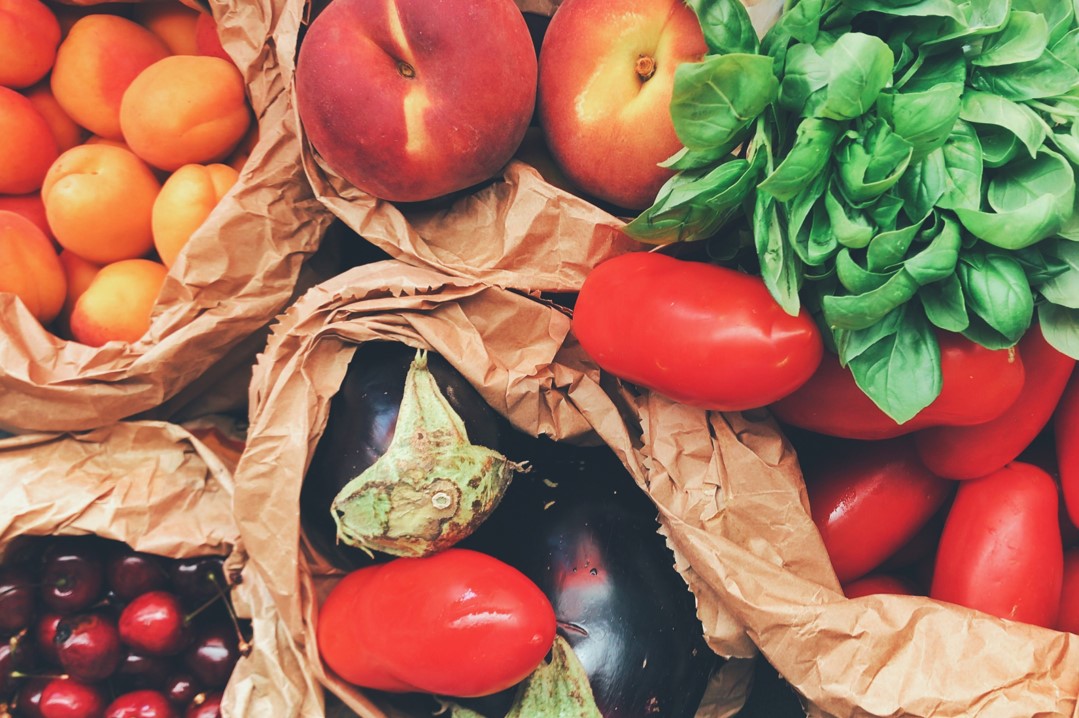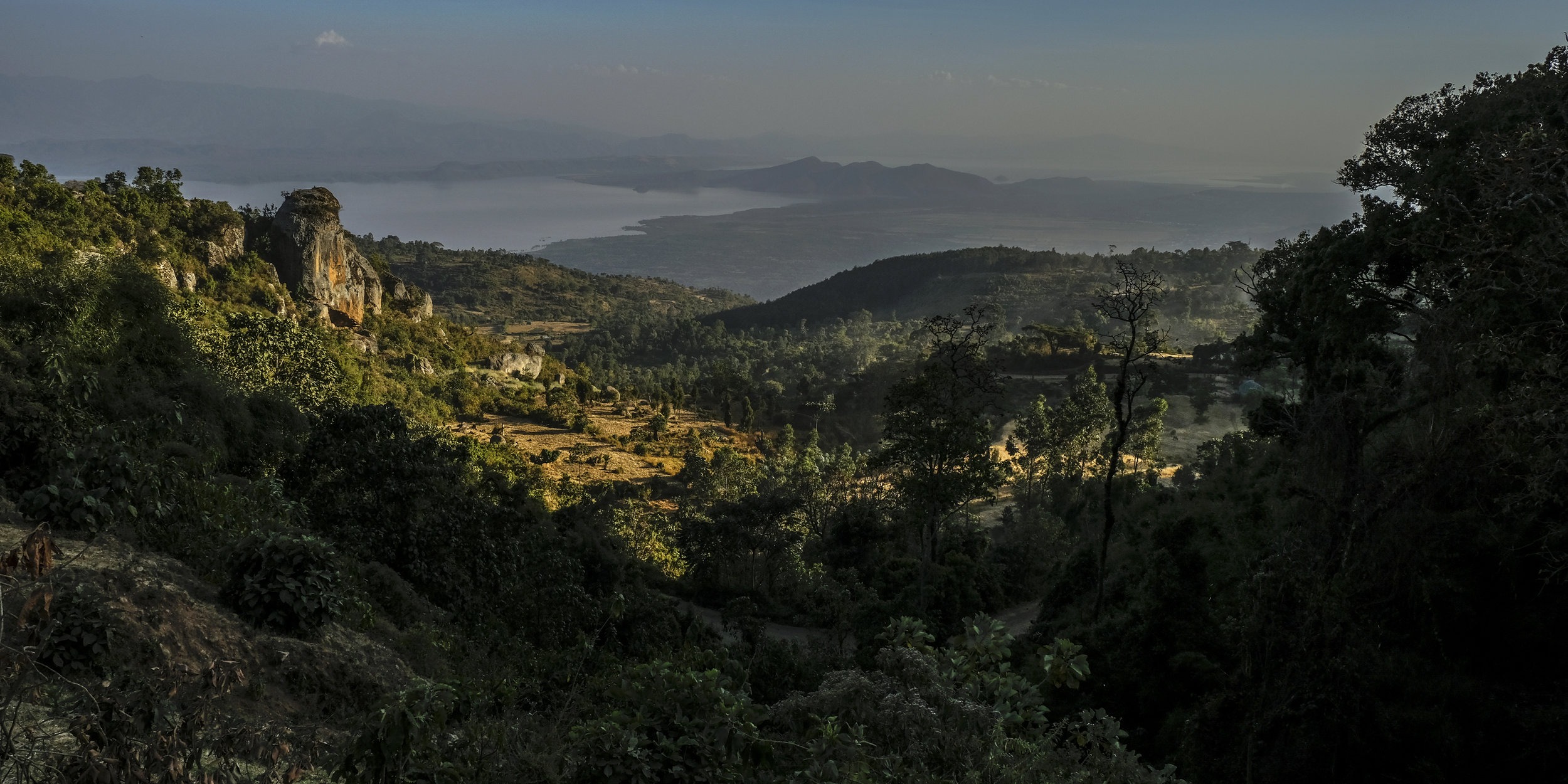The Food and Land Use Coalition will release a Global Report on Transforming Food and Land Use Systems in September 2019, which will make the case for systemic change to economic decision-makers, from government ministers to CEOs to farmers. The Report will seek to show that sustainable food and land use systems are both achievable and economically attractive, drawing on modelling and analytic insights of the FABLE Consortium, learnings from FOLU partners working in countries, and the insights and experience of a network of Ambassadors and commissioned research papers.
We sat down with Global Report Lead Author, Per Pharo, to discuss the aims and emerging themes of the Report.
“The Global Report will be the first to deal holistically with not only nutrition, agriculture, ocean proteins, and the environment, but also explicitly with the economy, growth and equity .”
Why are you writing a report on global food and land use systems? What makes the topic worth writing about?
I’d like to know that my kids, their kids and grandkids, will live on a planet that nourishes people with healthy, environmentally sustainable diets. To achieve this, we must – along with other changes like shifting to clean renewable energy – transform food and land use systems.
Today, agriculture and other land use activities account for over 25% of greenhouse gas emissions and devastating natural capital losses, deepening rural poverty and increasing vulnerability to climate change impacts. 800 million people go hungry while over 2 billion are overweight or obese. 500 million smallholder farmers live under the poverty line. We can and we must transform these systems to deliver fairer, healthier outcomes for people and planet. This is critical to achieve the Sustainable Development Goals, Paris Agreement on Climate and Aichi Biodiversity Target. The Global Report will make the economic case for this transformation, seeing this an essential part of mobilising stakeholders to action.
What’s more, it’s a fascinating field with lots of brilliant and dedicated people working on the challenge.

Petr Kosina/ CIMMYT: https://www.flickr.com/photos/cimmyt/4733480509
A lot of reports have come out over the past decade covering many of the aspects the Global Report will focus on, from nutrition to forests to poverty. What makes this report different from others?
Firstly, the Global Report is primarily intended to pave the way for a movement in our global attitude to food and land by equipping readers with evidence and strategies to make the case for change in their work and across their networks. This is a process which the FOLU Coalition has already begun through work in countries and across a consortium of institutions working together to build momentum.
Secondly, the Global Report will be the first to deal holistically with not only nutrition, agriculture, ocean proteins, and the environment, but also explicitly with the economy, growth and equity.
Thirdly, the Report will focus on how to achieve this transformation, showing that the changes are not only necessary and desirable, but also possible. It will describe solutions in terms that policymakers, ministries of finance, and company CFOs and CEOs can relate to and translate into action.
How do you hope to have an impact with the Report? How do you avoid it becoming another document for people to read and then return to business as usual?
The Report must be convincing, but that won’t solve the problem alone. The most important thing is to embed the Report within broader activities of the Coalition and those working in food and land use sectors. That means working with dedicated people and processes to drive real change.
Following its launch in September, members of the FOLU Coalition will use the Report to inform conversations and collaborations with government ministers, business leaders, farmers and civil society groups to translate recommendations into implementation and investment plans. Local ownership will be critical: the Report will provide the rationale and a framework for change, but local leaders will need to make changes and considerations that fit with their priorities and constraints.


What are some of the emerging themes and hypotheses of the Report? What is the opportunity if we get food and land use systems ‘right’?
We cannot transform the food and land use system meaningfully without addressing poverty – particularly in rural areas, where the majority of the world’s poorest live. Moreover, there are huge opportunities. We can create an extra 70-100 million jobs in the rural economy while protecting the environments that support these communities. We can expand the supply of nutritious healthy food for the global population in a way that halves nutritional deficits and respects planetary boundaries.
There are clear steps that those working in public and private sectors can take to build these systems – by closing the forest frontier, restoring up to 500 million hectares of degraded land to productive uses, redirecting $500 billion of agricultural subsidies towards sustainable ends, and leveraging technology to increase the efficiency, equality and transparency of our agricultural systems. And much more.
“Our food and land use economy is already dysfunctional and under-performing: failing to act will only make the problem harder to fix.”
What’s at stake? What do we risk if we don’t act now?
Fundamentally, ecological and climate collapse, which will undermine the very foundations of the food system and wider economy as we know it.
Globally we are exceeding the planetary boundaries for nutrient flows and biodiversity. We are approaching the limit for climate change. Rising numbers of diet-induced diseases and mortality both burden economies with massive health costs and cause suffering to many. Failure to build more equitable food systems and resilient rural communities will exacerbate rising inequality and destabilising forces of poverty and migration. Failing to transform our dysfunctional food and land use economy today will only exacerbate the situation and make the problem harder to fix.
What would you be doing now if you weren’t tackling the problem of transforming the food and land use system?
I’d spend more time in the woods around Oslo cross country skiing – it allows me to enjoy the natural world we are trying to protect in the little time I have between raising kids and writing the Report!










